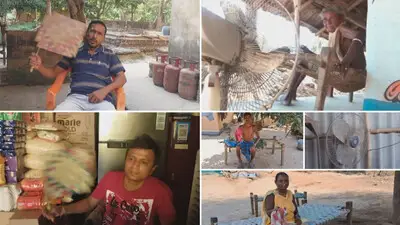Recommended Stories
Both the state government and the steel major had meanwhile agreed to downsize capacity of the proposed greenfield steel mill to 8 mtpa from 12 mtpa. The company, however, said that it could expand the plant`s capacity to 12 mtpa if it was allowed to get adequate land required for the purpose.
"The signing of agreement between the state government and Posco is likely to be further delayed as there has been no unanimity over the controversial swapping clause and water source," a senior official said. Posco India, which according to the previous MoU was planning to export iron ore, had meanwhile agreed to swap the iron ore through the state-owned Odisha Mining Corporation (OMC).
The state government, on the other hand insisted that the swapping clause as a whole should be deleted from the proposed tripartite agreement. Another difference between the state government and the company was over the water source for the proposed steel plant. While the government asks the company to take water from Hansua river in Jagatsinghpur district, Posco India insisted on its original plan of drawing water from Naraj barrage of Mahanadi river, the official said.
Issues relating to the project is likely to be reviewed at a high-level meeting scheduled to be held here on Tuesday. Meanwhile, the Posco has, however, agreed on certain new conditions proposed by the government. The company has agreed to implement the government`s new job policy which ensures employment of locals, sources said.
As per the policy, 90 per cent of the jobs in unskilled work, 60 per cent in semi-skilled jobs and 30 per cent in supervisory works, will be reserved for locals. The South Korean company has also agreed to promote ancillary and downstream industries around the steel plant.












